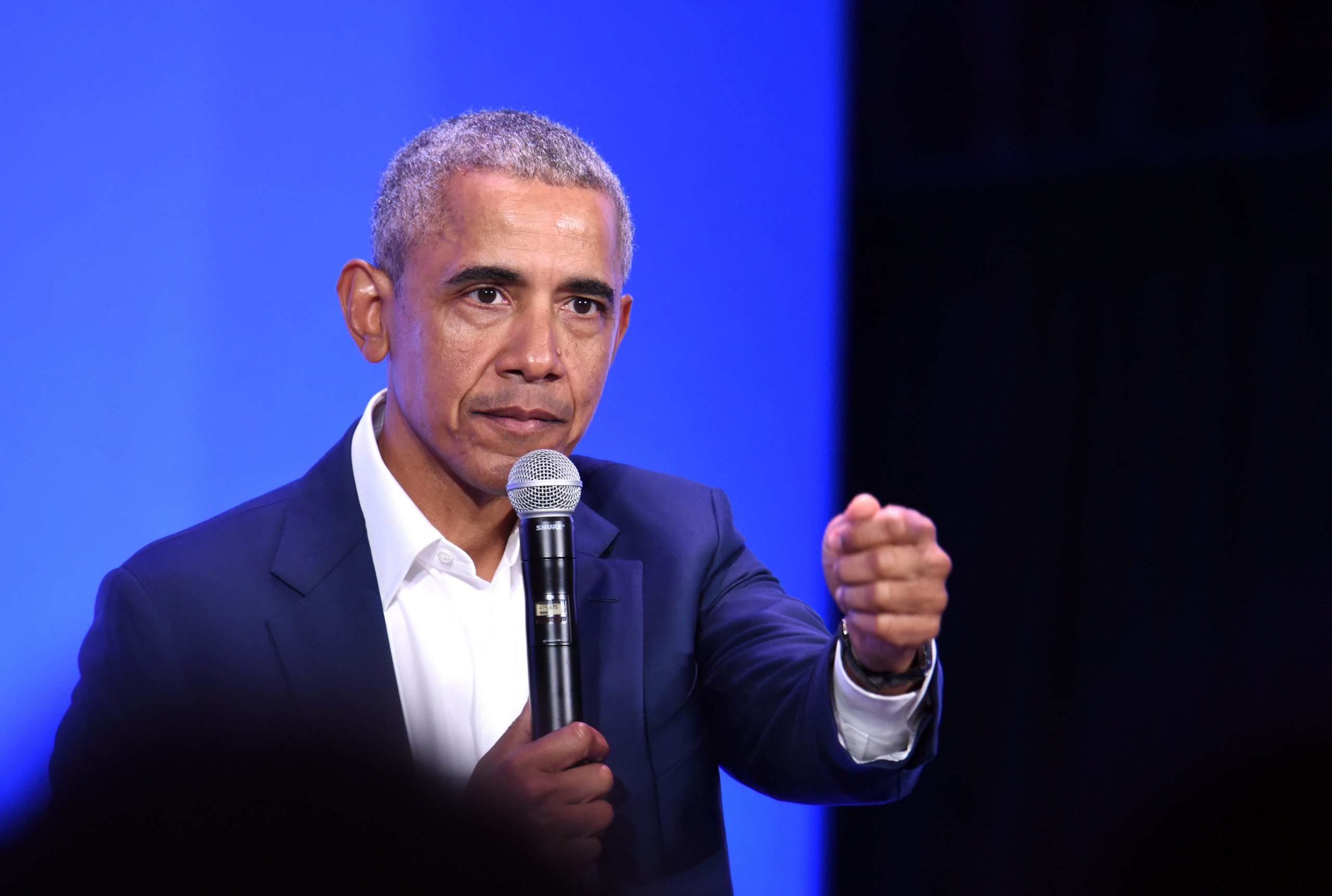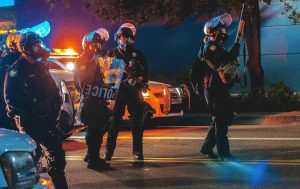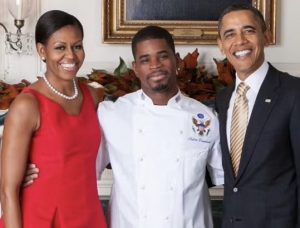Former US President Barack Obama’s memoir ‘A Promised Land’ has hit the bookstores globally on Tuesday. The 768-page book focuses on Obama’s political life from his days in Chicago to the killing of global terrorist Osama bin Laden. The first volume of the memoir stops in 2011 and covers the first term of his Presidency.
Surprisingly, Obama has written quite a lot about India’s former Prime Minister Manmohan Singh, Congress President Sonia Gandhi and her son Rahul Gandhi. The 44th president of the US revisited his conversations with Singh during his visit to India in December 2010 and his time with the Gandhis.
‘A Promised Land’ also reflects Obama’s honest opinion about India’s path to development and gives a window into his thoughts about the Indian politicians he mentioned. Here are two excerpts from his memoir. The first praises Singh for his bureaucracy and economic reforms while the other recalls his memories of a dinner party with all of them.
Excerpt 1:
As a chief architect of India’s economic transformation, Prime Minister Manmohan Singh seemed like a fitting emblem of this progress: a member of the tiny, often persecuted Sikh religious minority who’d risen to the highest office in the land, and a self-effacing technocrat who’d won people’s trust not by appealing to their passions but by bringing about higher living standards and maintaining a well-earned reputation for not being corrupt.
Also read: ‘Modern-day India is counted as a success story’: Barack Obama in his memoir
Singh and I had developed a warm and productive relationship. While he could be cautious in foreign policy, unwilling to get out too far ahead of an Indian bureaucracy that was historically suspicious of U.S. intentions, our time together confirmed my initial impression of him as a man of uncommon wisdom and decency; and during my visit to the capital city of New Delhi, we reached agreements to strengthen U.S. cooperation on counterterrorism, global health, nuclear security, and trade.
What I couldn’t tell was whether Singh’s rise to power represented the future of India’s democracy or merely an aberration. Our first evening in Delhi, he and his wife, Gursharan Kaur, hosted a dinner party for me and Michelle at their residence, and before joining the other guests in a candlelit courtyard, Singh and I had a few minutes to chat alone. Without the usual flock of minders and notetakers hovering over our shoulders, the prime minister spoke more openly about the clouds he saw on the horizon. The economy worried him, he said.
Although India had fared better than many other countries in the wake of the financial crisis, the global slowdown would inevitably make it harder to generate jobs for India’s young and rapidly growing population. Then there was the problem of Pakistan: Its continuing failure to work with India to investigate the 2008 terrorist attacks on hotels and other sites in Mumbai had significantly increased tensions between the two countries, in part because Lashkar-e-Tayyiba, the terrorist organization responsible, was believed to have links to Pakistan’s intelligence service. Singh had resisted calls to retaliate against Pakistan after the attacks, but his restraint had cost him politically. He feared that rising antiMuslim sentiment had strengthened the influence of India’s main opposition party, the Hindu nationalist Bharatiya Janata Party (BJP).
“In uncertain times, Mr. President,” the prime minister said, “the call of religious and ethnic solidarity can be intoxicating. And it’s not so hard for politicians to exploit that, in India or anywhere else.”
I nodded, recalling the conversation I’d had with Václav Havel during my visit to Prague and his warning about the rising tide of illiberalism in Europe. If globalization and a historic economic crisis were fueling these trends in relatively wealthy nations—if I was seeing it even in the United States with the Tea Party —how could India be immune? For the truth was that despite the resilience of its democracy and its impressive recent economic performance, India still bore little resemblance to the egalitarian, peaceful, and sustainable society Gandhi had envisioned.
Across the country, millions continued to live in squalor, trapped in sunbaked villages or labyrinthine slums, even as the titans of Indian industry enjoyed lifestyles that the rajas and moguls of old would have envied. Violence, both public and private, remained an all-too-pervasive part of Indian life.
Expressing hostility toward Pakistan was still the quickest route to national unity, with many Indians taking great pride in the knowledge that their country had developed a nuclear weapons program to match Pakistan’s, untroubled by the fact that a single miscalculation by either side could risk regional annihilation. Most of all, India’s politics still revolved around religion, clan, and caste. In that sense, Singh’s elevation as prime minister, sometimes heralded as a hallmark of the country’s progress in overcoming sectarian divides, was somewhat deceiving.
Also read: Rahul Gandhi a ‘hapless student,’ writes former US president Barack Obama in memoir
Excerpt 2:
Most of all, India’s politics still revolved around religion, clan, and caste. In that sense, Singh’s elevation as prime minister, sometimes heralded as a hallmark of the country’s progress in overcoming sectarian divides, was somewhat deceiving. He hadn’t originally become prime minister as a result of his own popularity. In fact, he owed his position to Sonia Gandhi—the Italian-born widow of former prime minister Rajiv Gandhi and the head of the Congress Party, who’d declined to take the job herself after leading her party coalition to victory and had instead anointed Singh. More than one political observer believed that she’d chosen Singh precisely because as an elderly Sikh with no national political base, he posed no threat to her forty-year-old son, Rahul, whom she was grooming to take over the Congress Party.
Both Sonia and Rahul Gandhi sat at our dinner table that night. She was a striking woman in her sixties, dressed in a traditional sari, with dark, probing eyes and a quiet, regal presence. That she—a former stay-at-home mother of European descent—had emerged from her grief after her husband was killed by a Sri Lankan separatist’s suicide bomb in 1991 to become a leading national politician testified to the enduring power of the family dynasty. Rajiv was the grandson of Jawaharlal Nehru, India’s first prime minister and an icon in the independence movement. His mother, Nehru’s daughter, Indira Gandhi, had spent a total of sixteen years as prime minister herself, relying on a more ruthless brand of politics than her father had practiced, until 1984 when she, too, was assassinated.
At dinner that night, Sonia Gandhi listened more than she spoke, careful to defer to Singh when policy matters came up, and often steered the conversation toward her son. It became clear to me, though, that her power was attributable to a shrewd and forceful intelligence. As for Rahul, he seemed smart and earnest, his good looks resembling his mother’s. He offered up his thoughts on the future of progressive politics, occasionally pausing to probe me on the details of my 2008 campaign. But there was a nervous, unformed quality about him, as if he were a student who’d done the coursework and was eager to impress the teacher but deep down lacked either the aptitude or the passion to master the subject.







